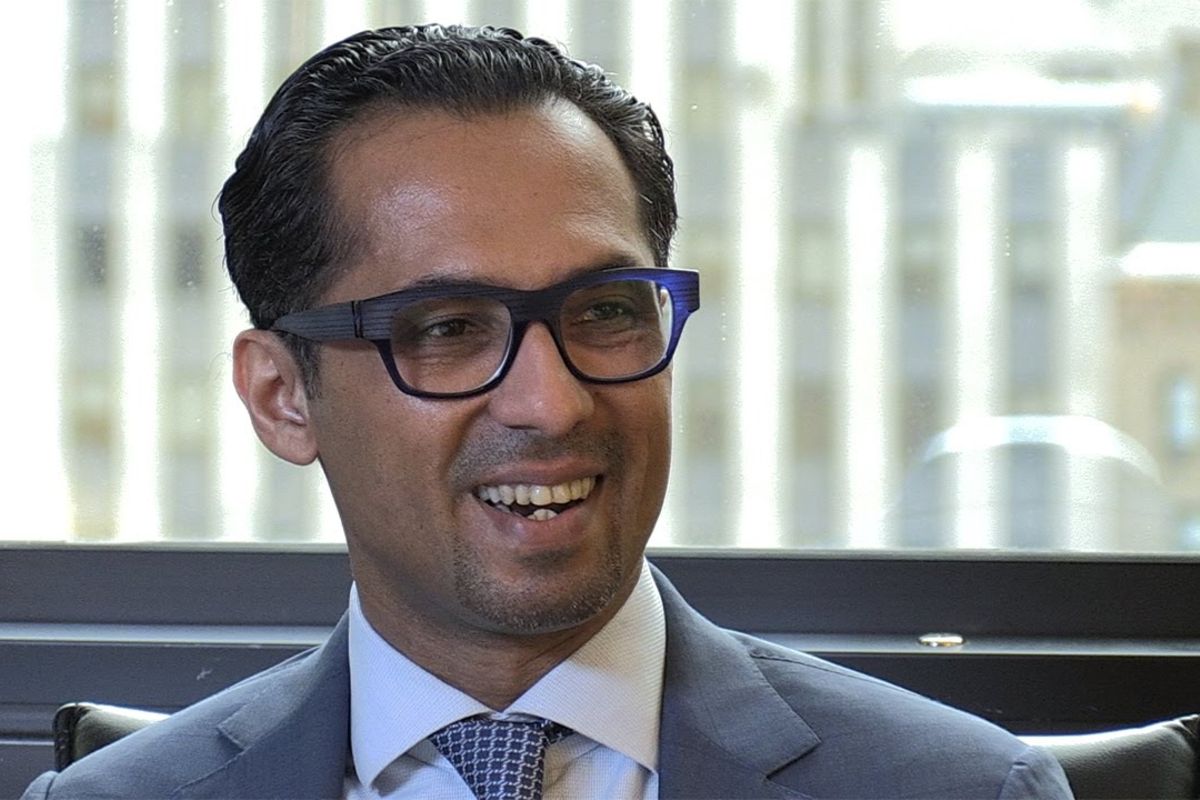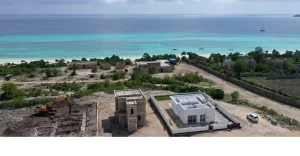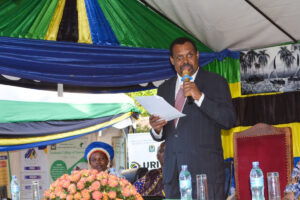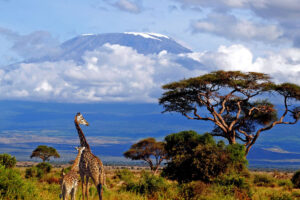
Dar es Salaam, Tanzania:
Tanzanian tycoon Mohamed Dewji has challenged African policies which, he said, have gaps that need to be filled to support large scale investments in agriculture as he eyes to expand his agribusiness ventures with a $200 million investment.
Mr Dewji, who was recently named one of Africa’s richest people, said Africa misses right policies to unlock the potential of the sector.
“Why are we still importing food while we have 40 percent of the arable land in the world and we have the young population? All we need is a little bit of technology and capital,” he told CNN in an interview.
The chief executive of Mohamed Enterprises Tanzania Limited (MeTL) Group fondly known as Mo, was recently ranked by Forbes as the 13th wealthiest individual in Africa and the 1,913th globally with a fortune of $1.5 billion. In last year’s list, Mo was ranked 15th.
MeTL Group is active in textile manufacturing, flour milling, beverages and edible oils.
He explained that he wants to improve his focus on grain crops such as wheat and corn, and then the edibles like sunflowers, soybeans and palm.
“When you are talking about an economy that is $70 billion, and if you are doing $2.5 billion of revenue, you cannot be in only one line of business. I am over 150 lines of businesses,” he said.
When asked about his bestselling product, he revealed that it will be his carbonated soft drink ‘Mo-Extra’ of which he sells nearly one billion bottles annually.
“We plan to set up factories in areas where Coca-Cola and Pepsi are setting up across Tanzania, and I hope to reach 3.5 billion bottles in the next 24 to 36 months,” he said.
MeTL has a presence in other African countries such as Uganda, Ethiopia Kenya, Rwanda, Burundi, Zambia, Mozambique, Malawi, DR Congo.a
Share this news
This Year’s Most Read News Stories

Tanzania readying to talk to British developer over Zanzibar land lease revocation
Dar es Salaam. British firm Pennyroyal Limited has said it will sue the Tanzanian government over leasehold revocation in Zanzibar, but the Attorney General has confirmed that they are preparing to meet with the investor.Continue Reading

Karume faults lease of Zanzibar Islets
Diplomat Ali Karume has faulted the decision by the revolutionary government of Zanzibar to lease the islets that surround the islands of Unguja and Pemba to private developers saying it was absolutely not in Zanzibar’s national interests.Continue Reading

Tanzania can benefit from strategic investment in national pride
Travelling to a few places so far, I discovered that the Tanzanian passport can change the way one is treated at airports and international bordersContinue Reading










